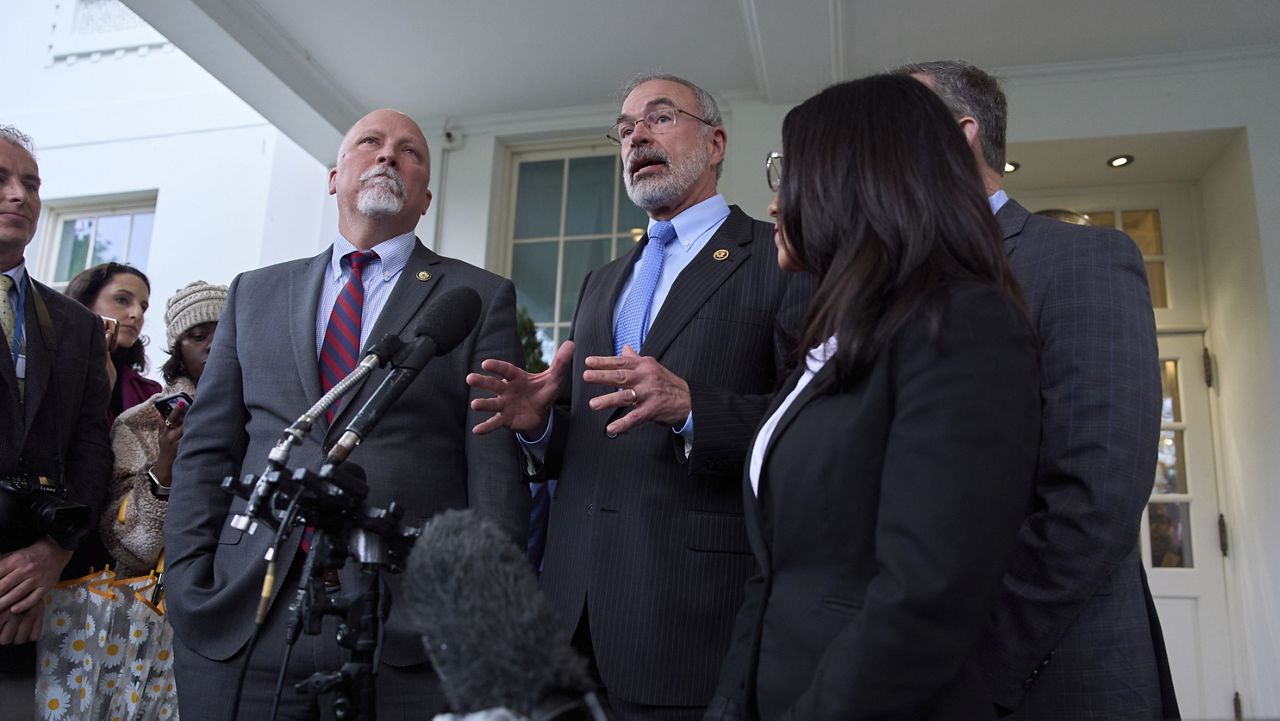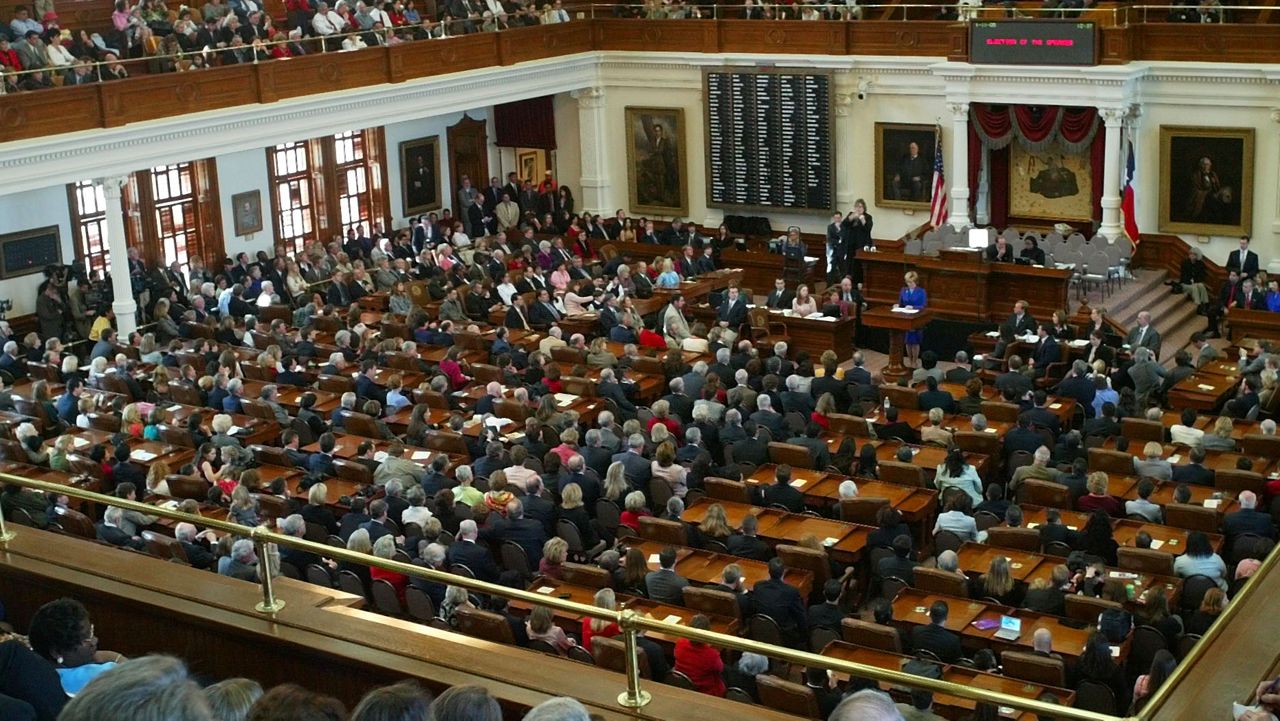AUSTIN, Texas — Texas leaders are pushing to be at the forefront of understanding and regulating artificial intelligence.
Lawmakers tasked with studying the impact of emerging technologies discovered a lengthy number of areas where the technology can be used for good and bad.
Rep. Angelia Orr, R-Hillsboro, sits on the House Select Committee on Artificial Intelligence and Emerging Technologies tasked with issuing best practices surrounding the emerging technology. More than a third of state agencies currently use a form of intelligent automated solutions. One thing Orr wants to see more of is automated customer service tools.
“What if there was a chatbot on that website that said, ‘what’s your zip code’? Let me get you the next appointment without having to make a dozen phone calls,” said Orr.
However, putting personal data online also poses a risk. There is no federal law to protect data and privacy, leaving states the power to regulate emerging technology.
“If we pass legislation that ends up being inadequate or bad, it might be a lot harder to fix that later on,” said Kevin Welch, president of the Austin chapter of the Electronic Frontier Foundation.
Advocates for digital rights suggest lawmakers should craft bills to address existing threats, including wrongful arrests due to facial recognition technology, academic systems false accusing students of plagiarism or deep fake images used improperly.
“I would not want to see something as draconian as saying let’s ban anybody without some special license from having access to these systems,” said Welch.
At least one deep fake has been used in the lead up to the May 28 primary runoff election. Texas House Speaker Dade Phelan—who is in a contentious race for reelection—called out this edited image of him being hugged by Nancy Pelosi. Experts say other types of election information could be fabricated, which is an issue the AI committee could address.
“In helping to socialize that and also taking a look at laws that protect election officials,” said Samuel Derheimer, director of government affairs at Hart InterCivic, Inc.
The landscape is unknown, but regulation around AI is expected to evolve. The AI and emerging technology committee plans to publish an initial report next Thursday.










